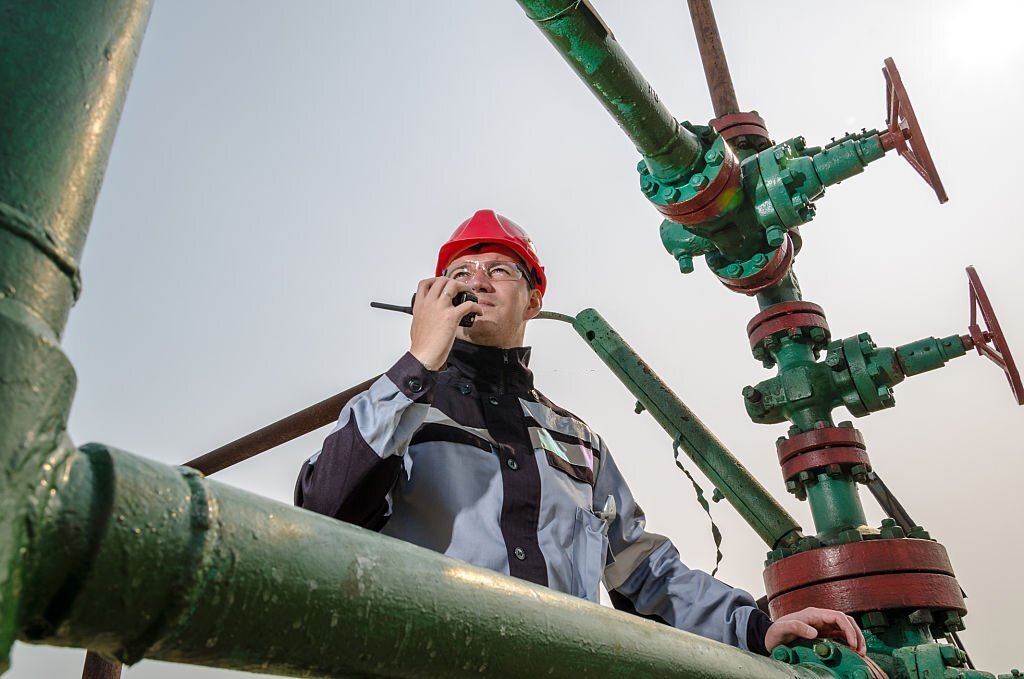
Introduction
Operating oil and gas equipment is a task of great responsibility, as it involves managing complex machinery and processes that underpin the energy sector. The industry places a high premium on safety, efficiency, and competency, making it essential for personnel to possess the right certifications and qualifications. In this comprehensive article, we delve into the world of certifications and qualifications required to operate oil and gas equipment. We explore the industry standards, safety regulations, training programs, and skill development initiatives that equip individuals with the expertise needed to excel in this dynamic field. From drilling rigs to production units, this article sheds light on the educational pathways and certifications that pave the way for successful careers in the oil and gas industry.
1. Industry Safety Standards and Regulatory Compliance
1.1 The Importance of Safety
The oil and gas industry prioritizes safety due to the high risks associated with equipment operation, making certifications and qualifications essential.
1.2 Regulatory Bodies
Organizations such as OSHA (Occupational Safety and Health Administration) and API (American Petroleum Institute) set safety standards that govern equipment operation.
1.3 Compliance Requirements
Certifications ensure that personnel adhere to safety regulations, preventing accidents and incidents that could harm both individuals and the environment.
2. Entry-Level Certifications and Qualifications
2.1 RigPass
RigPass is a basic safety certification program that introduces newcomers to drilling operations, emphasizing safe practices and hazard recognition.
2.2 H2S Awareness
Hydrogen Sulfide (H2S) Awareness training educates personnel about the dangers of this toxic gas, essential for those working in oil and gas fields.
2.3 Basic Offshore Safety Induction and Emergency Training (BOSIET)
BOSIET equips individuals with skills to survive emergencies offshore, covering firefighting, first aid, helicopter safety, and sea survival.
3. Specialized Training Programs
3.1 Well Control Certification
Well control certifications such as IWCF (International Well Control Forum) and IADC (International Association of Drilling Contractors) ensure individuals are competent in well control techniques.
3.2 Process Operator Training
Process operator training imparts skills for operating production units, refining equipment, and ensuring the safe and efficient handling of processes.
3.3 Crane Operator Certification
Crane operator certifications ensure safe lifting operations, vital for loading and unloading heavy equipment in the oil and gas industry.
4. Advanced Certifications for Specialized Roles
4.1 Offshore Crane Operator
Certification for offshore crane operators ensures they can safely operate and manage cranes on offshore platforms.
4.2 Subsea Engineering Certification
Subsea engineering certifications train personnel to manage underwater equipment and systems, supporting exploration and production.
4.3 Offshore Installation Manager (OIM)
The OIM certification is a high-level qualification for personnel responsible for overall safety and operations on offshore installations.
5. Technical Degrees and Diplomas
5.1 Petroleum Engineering Degrees
Petroleum engineering degrees provide comprehensive education on reservoir analysis, drilling techniques, production, and reservoir management.
5.2 Mechanical and Electrical Engineering
Degrees in mechanical and electrical engineering are valuable for personnel working on equipment design, maintenance, and troubleshooting.
5.3 Process Technology Programs
Process technology programs equip individuals with knowledge of refining and petrochemical processes, enhancing their ability to manage production units.
6. Continuous Learning and Skill Development
6.1 Professional Development
The oil and gas industry evolves rapidly; continuous learning through workshops, seminars, and online courses ensures professionals stay updated.
6.2 Soft Skills Enhancement
Effective communication, problem-solving, and teamwork skills are vital for safe and efficient equipment operation in collaborative environments.
6.3 Leadership Training
As personnel advance in their careers, leadership training equips them to manage teams and projects effectively.
7. Industry-Recognized Certifying Bodies
7.1 International Association of Drilling Contractors (IADC)
IADC provides certifications for well control, rig operations, and specialized roles in drilling operations.
7.2 American Petroleum Institute (API)
API offers certifications for various roles in the oil and gas industry, emphasizing safety, quality, and technical expertise.
7.3 Offshore Petroleum Industry Training Organization (OPITO)
OPITO provides certifications for offshore personnel, focusing on emergency response, survival, and technical skills.
8. Case Studies: Success through Certification
8.1 Drilling Rig Operator
Case study of a drilling rig operator showcases how certifications like IWCF ensure their competency in well control techniques.
8.2 Process Operator
Exploration of a process operator’s career path demonstrates how training programs enable them to oversee efficient production processes.
8.3 Offshore Crane Operator
Case study of an offshore crane operator highlights the importance of certification in ensuring safe lifting operations.
9. Fostering a Skilled Workforce
9.1 Industry-University Collaboration
Collaboration between the industry and educational institutions bridges the skills gap, producing graduates ready for employment.
9.2 Apprenticeship Programs
Apprenticeships provide practical, hands-on training for individuals looking to enter the oil and gas industry.
9.3 Internship Opportunities
Internships offer students and graduates a chance to gain real-world experience and understand the demands of equipment operation.
Conclusion
The oil and gas industry relies on the competence of its workforce to ensure safe and efficient equipment operation. Certifications and qualifications play a crucial role in equipping personnel with the skills, knowledge, and expertise needed to navigate the complex world of oil and gas equipment. From entry-level safety certifications to advanced qualifications for specialized roles, the industry provides a comprehensive framework for professional development. By fostering a culture of continuous learning and adherence to safety standards, the oil and gas sector ensures that its workforce is equipped to handle the challenges and responsibilities of operating equipment in a dynamic and ever-evolving industry.

